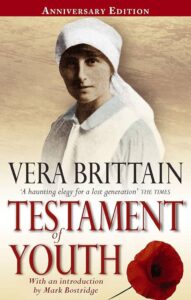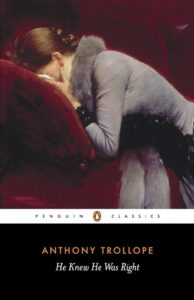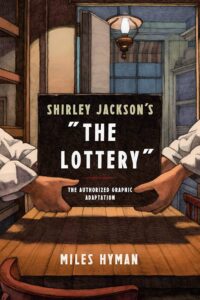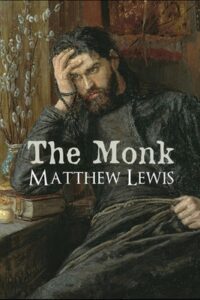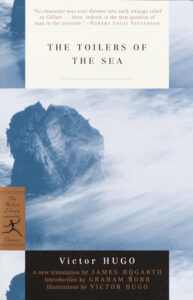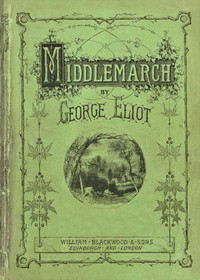
The Oak and the Reed by Achille Michallon (1816)
~ source Wikipedia
The oak one day says to the reed:
—You have a good right to blame the nature of things:
A wren for you is a heavy thing to bear.
The slightest wind which is likely
To wrinkle the face of the water
Compels you to bow your head—
While my brow, like Mount Caucasus,
Not satisfied with catching the rays of the sun,
Resists the effort of the tempest.
All for you is north wind, all seems to me soft breeze.
Still, if you had been born in the protection of the foliage
The surrounding of which I cover,
I would defend you from the storm.
But you come to be most often
On the wet edges of the kingdoms of the wind.
Nature seems to me quite unjust to you.
—Your compassion, answered the shrub,
Arises from a kind nature; but leave off this care.
The winds are less fearful to me than to you.
I bend and do not break. You have until now
Against their frightening blows
Stood up without bending your back;
But look out for what can be. —As the reed said these words,
From the edge of the horizon furiously comes to them
The most terrible of the progeny
Which the North has till then contained within it.
The tree holds up well; the reed bends.
The wind doubles its trying;
And does so well that it uproots
That, the head of which was neighbor to the sky,
And the feet of which touched the empire of the dead.
Continue reading →
 “With a clamor of bells that set the swallows soaring, the Festival of Summer came to the city of Omelas, bright towered by the sea.”
“With a clamor of bells that set the swallows soaring, the Festival of Summer came to the city of Omelas, bright towered by the sea.”
